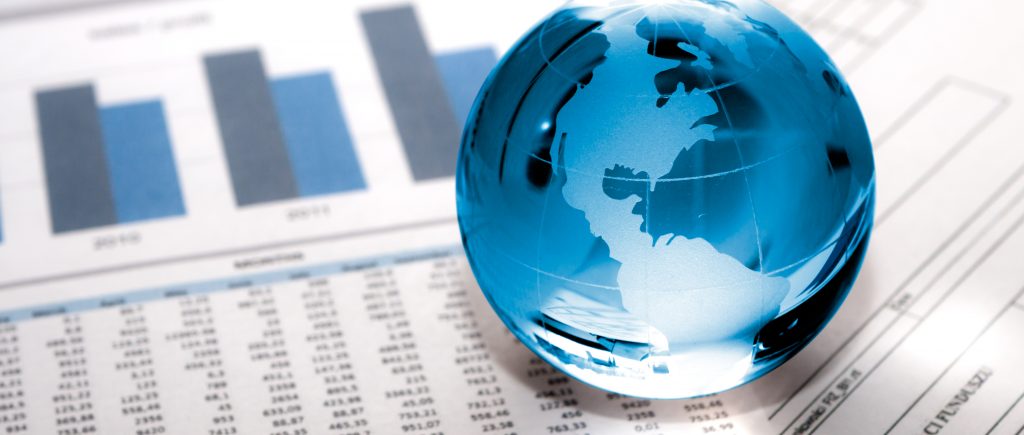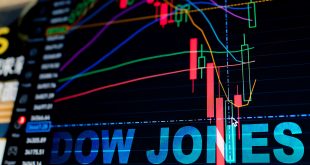This weekly recap is tracing key developments across most financial assets during the previous trading week that witnessed the release of the CPI data in the United States and improved risk appetite benefiting some assets while impacting others:
US Dollar
The dollar was slightly lower against most of its G10 counterparts to indicate bigger appetite for riskier assets. Bitcoin traded just below $21,000 following a rebound over the weekend, when it surged beyond that level amid optimism that it may have bottomed.
Bond yields rose in Australia and New Zealand. There will be no trading in Treasuries, with US financial markets closed for a holiday. The 10-year US yield climbed back to 3.50% on Friday.
Oil Prices
Oil prices ended the trading week with biggest weekly gain since October, amid the United States’ cooling inflation as well as the improved outlook for growing demand from China, the world’s biggest crude oil importer. Brent, the benchmark for two thirds of the world’s oil, ended trading on Friday up 1.49 per cent to settle at $85.28 a barrel, while WTI crude, was 1.88 per cent higher at $79.86 a barrel.
Crude prices are expected to manifest another weekly gain as the global economic outlook improves following China’s reopening. Energy traders are starting to price in a little bit more crude demand coming out of Europe and not just China.
The world’s two largest economies outlooks have dramatically improved over the past two weeks: the US might have a shallow recession and China’s reopening is gaining momentum. Inflation in the US continued to slow in December, easing pressure on households and businesses as the Fed is expected to continue raising borrowing costs this year.
The combined crude oil output by OPEC+ group rose by 140,000 barrels per day (bpd) to 42.71 million bpd in December, but the cartel was still 1.8 million bpd below its target, according to the Platts survey by S&P Global Commodity Insights.
Russia’s output was almost unchanged, while Nigeria saw a rebound in output to a several-month high, according to the survey. OPEC-only output was estimated by the monthly Reuters survey last week to have risen by 120,000 bpd in December from November.
CPI Data In Action
The consumer price index increased by 6.5 per cent annually last month, down from 7.1 per cent in November, the US Bureau of Labour Statistics said on Thursday. It was the smallest 12-month gain since October 2021. On a monthly basis, the CPI decreased by 0.1 per cent in December.
The broader increasing risk appetite overnight is an obvious response to the US CPI data and this will help commodities generally, with oil getting an extra support from an anticipated increase in China’s demand this year.
Global Stocks
European shares on Friday closed near their nine-month high, supported by healthcare and banking stocks and upbeat economic data from the UK. The STOXX Europe 600 Index gained 0.52 percent to 452.54, outperforming US peers after reporting season started with mixed bank earnings. The index closed its second consecutive week higher, with gains of 1.83 percent and European banking stocks gained 0.8 percent.
UK’s FTSE 100 added 0.64 percent to 7,844.07, after data showed the British economy eked out 0.1 percent growth in November, helped by a boost from World Cup drinkers and video game sales, reducing the chance that it has already slipped into recession. The index rose 1.88 percent from last week.
Further Data
In Germany, data showed the economy likely stagnated in the final quarter of last year and grew by 1.9 percent over the whole year, suggesting that Europe’s largest economy might just escape a recession over the winter. Germany’s DAX closed 0.19 percent higher at 15,086.52, up 3.26 percent weekly.
European shares have made an upbeat start to the month and the new year, after data signaled a slowdown in inflation in the eurozone and the US, which could allow central banks to slow the pace of their monetary policy tightening.
Better GDP figures from the UK and Germany added to the cheerier atmosphere on Friday, and while stocks might look a bit overextended in the short-term, they are expected to have a better start to the year than many had feared.
Rate-sensitive tech and retail stocks have led gains so far this year, up 14 percent and 15 percent, respectively, after a rough last year, when fears of an economic slowdown and rising interest rates hammered these sectors. On Friday, healthcare stocks provided the biggest boost to the index, with Novo Nordisk A/S and Roche Holding AG gaining 2.5 percent and 1 percent respectively.
Gold Prices
Gold kept on favouring the bulls last week following the US Consumer Price Index rally. A strong fresh bull cycle high was put in that has met a milestone of historic structure around $1,920. If there was ever a time for a pullback, it would be here, but before taking up such a position traders will be on the lookout for signs of deceleration.
Expectations that that the Fed may resort to a dovish policy was further supported by the latest CPI data. However, analysts argued that while the precious metal space is no longer in a selling mode, there is a potential correction risk as it is not all certain that inflation has been defeated and that the US central bank is ready to get less restrictive anytime soon.
The Week Ahead
Japanese stocks fell under the impact of the yen’s rebound which weighs on exporters. Investors also keep an eye on another probable surprise from the country’s central bank when it sets policy next Wednesday.
Asian stocks could open the new trading week with a momentum driven by the latest US stocks closing at the highest in a month as easing inflation expectations fuel January’s global share rally. Shares climbed in Australia and South Korea, while futures for Hong Kong pointed higher after an index of US-listed Chinese stocks ended Friday at the strongest level since July.
Markets expect a week that is full of data, including Japan, the UK, and Australia’s CPI. The UK and Australia report on the labour market. The US, UK, and Canada also report retail sales.
The early Fed surveys from New York and Philadelphia for January will be released. China’s December data are due, and it is also expected to report its estimate of Q4 GDP, where some economists forecast a contraction.
It seems that the adjustment of interest rate expectations for the Fed has gone as far as it can ahead of the FOMC meeting on February 1, perhaps providing a more consolidative tone for the dollar after its recent slump.
The highlight of the week is the Bank of Japan meeting. After being taken by surprise last month, many investors and traders are cautious amid talk of follow-up action.
 Noor Trends News, Technical Analysis, Educational Tools and Recommendations
Noor Trends News, Technical Analysis, Educational Tools and Recommendations





